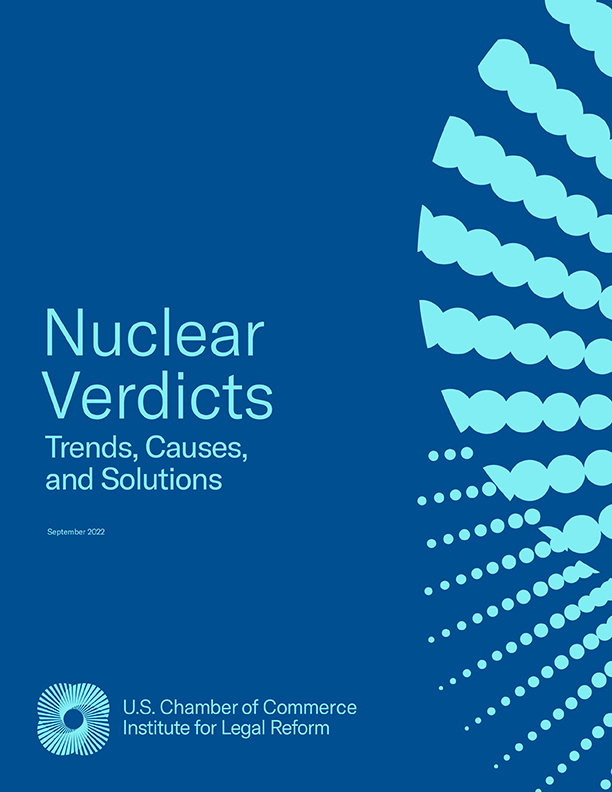Want to sign a merger deal? You’ll probably need to fight a lawsuit before the ink is dry, and it won’t be cheap.
That’s the takeaway from insurance company Chubb Limited’s analysis of growth in merger and acquisition (M&A) objection litigation between 2012 and 2016. Chubb’s researchers found that within that four-year span, the average cost of settling an M&A claim grew by 63 percent. And out of an average settlement value of $3.6 million, 61 percent went to attorneys.
This finding from Chubb adds weight to The D&O Diary’s observation that mergers and acquisitions litigation has been aggressively proliferating in recent years, despite the Delaware Court of Chancery’s 2016 ruling in the Trulia stockholder litigation that was intended to rein it in. The court’s decision was heavily critical of the wave of “disclosure-only” settlements that were swamping the state; those settlements often involve defendant companies making insignificant changes to an M&A deal agreement in response to a shareholder class suit. In many of these cases, shareholders receive no money, while lawyers take home generous fees.
Rather than a roadblock to M&A challenges, the Delaware decision was just a speedbump. As ILR highlighted in a previous blog, plaintiffs’ attorneys are increasingly responding by filing lawsuits in federal courts rather than in Delaware. In fact, the volume of M&A objection suits filed in 2017, just one year after Trulia, reached a 20-year high. And 2018 is well on track to match that number.
So what has allowed this runaway growth in settlement value and lawsuit volume?
Part of the problem, according to Gerard Pecht, Global Head of Dispute Resolution and Litigation at Norton Rose Fulbright US LLP, is that “there are no consequences to plaintiffs or the plaintiffs’ attorneys for filing these frivolous suits.” Effectively, penalties for filing unmeritorious suits are few and far between. This fact encourages ambitious plaintiffs’ attorneys to file objection suits as a matter of course, rather than in response to a truly troubling prospective merger.
These automatic-fire objection suits function more as an unofficial tax than as legal remedies: driving up costs for companies, destroying value for shareholders, enriching lawyers, and ultimately short-changing the investors at the end of the line. If ever a situation cried out for reform, it’s this one.

